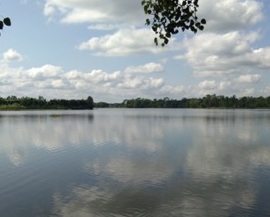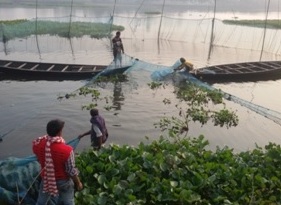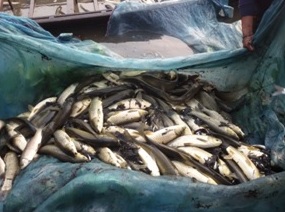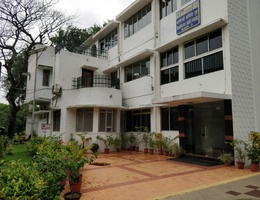Overview
Publications
Recruitment
Intranet
Glimpse of CIFRI
The eastern region of India is endowed with vast wetland resources having huge potential for fish production and livelihood security. However, these resources are underutilized due to multitude of factors and their potential has not been realized. Regardless of various inhibiting factors, it is clear that sustainable development of the wetland of eastern region of India would help in increasing fish production, achieving second blue revolution and increased fishers income. In view of the above, a long term focused vision based on real-time database on current status of fisheries, aquatic environment and management practices are the prerequisite to address the various issues in holistic manner to protect the ecological integrity of open water ecosystems for sustainable development. The wetlands of North Bengal were given less emphasis though they are rich in indigenous fish diversity and hold huge potential. In this context, ICAR-CIFRI has conducted 5 day long detailed field sampling and interaction with fishers of two wetlands in Cooch Behar district of West Bengal under the project ‘Resource assessment and refinement of fisheries management plans through co-management in selected floodplain wetlands of different eco-regions ’. The selected two wetlands namely Nayarchara (area: 62ha) and Sahebganj (area: 23ha) are located in Teesta-Torsa basin and are ecologically distinct. During survey, detailed information was recorded on the status of habitat quality, stocking details, earlier records, fish production, productivity, fish diversity including SIFs, plankton and benthic fauna, macrophyte diversity, ITKs, crafts and gears, institutional arrangements, livelihood and socioeconomic status of fishers. A total 330 fishermen are dependent on these wetlands for their income and livelihood. Staggered stocking of IMCs and Chinese carps and multiple harvesting are being practiced. The major issues encountered by the fishers are siltation, disease outbreak during the onset of monsoon as well as during winter, lack of technical expertise in Culture Based Fisheries (CBF), inadequate biosecurity measures at the inlet and outlet.The study also recommends training and capacity building of fishers on scientific wetland fisheries management. The data base generated will be useful for the formulation of strategic knowledge based management practice and action plan for sustainable management of small scale fisheries in the North Bengal region. The scientific team of CIFRI comprised of Dr. Md. Aftabuddin, Principal Scientist, Dr. Sandhya K.M. and Shri Mishal P., Scientists and Shri Y. Ali, STA.














